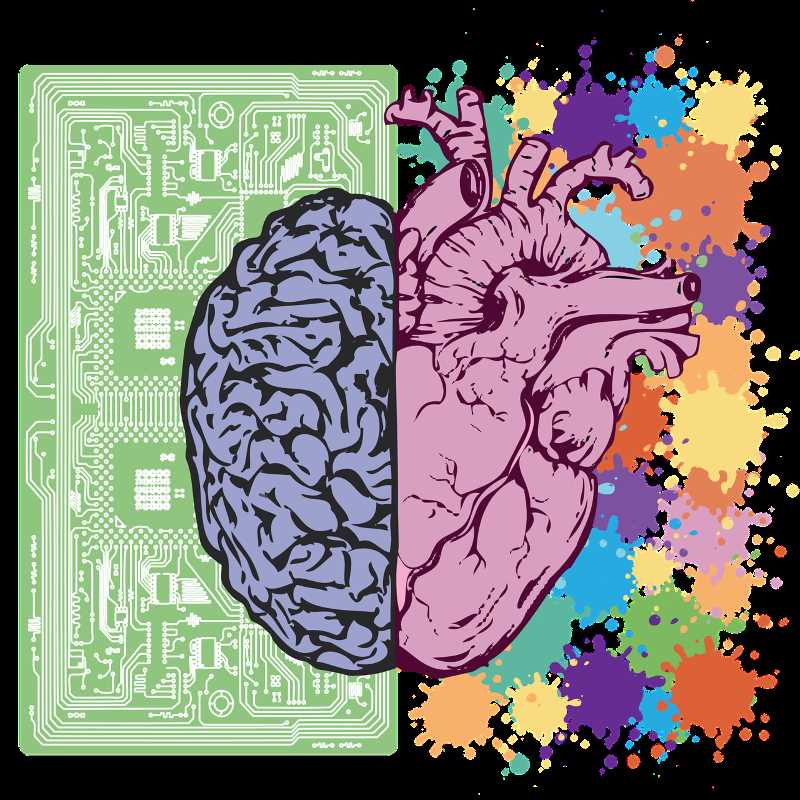How Your Brain Pulls the Strings of Your Emotions
Discover how the human brain masterfully crafts our emotional experiences. From initiating emotions to amplifying memory, and driving our social interactions, delve into the neuroscience of feelings.

In the grand cerebral city that is the human brain, there exists a bustling district dedicated to the world of emotions. At its helm, an impressive population of more than 80 billion neurons hard at work. They generate, interpret, and integrate our emotional experiences, forming the biological foundation of joy, sadness, anger, fear, and everything in between.
But not all of these neurons are equal contributors to this emotional orchestra; many have their own distinct roles to play, while others serve as spectators, involved in different tasks such as cognition, motor control, or sensory perception. It's as if our brains are running a sophisticated, multifaceted operation with various departments, each honing a unique expertise.
Emotions: More than a Feeling
Contrary to what your favorite power ballad may imply, emotions are not just feelings that flutter in our hearts. They're physiological responses that trigger reactions to various stimuli, informing us about our environment and ourselves. These responses aren't just chemical chatter in the brain; they are integral to our survival and social interaction.
Our brains have evolved specific modules, or 'departments', each assigned a role in the emotional process. These modules initiate, understand, categorize, memorize, and attend to an emotion. Imagine them as administrative offices, each specializing in a different task - be it processing an initial emotional response, understanding and categorizing it, or storing it away for future reference.
How Emotions Amplify Memory and Alertness
One of the most significant roles of emotions is their influence on memory and alertness. Ever wondered why we tend to remember emotionally charged events more vividly? This phenomenon has its roots in our brains' innate survival mechanisms. High emotional arousal – whether it's the bliss of falling in love or the terror of a near-miss on the highway – amplifies memory, making certain experiences stand out from the everyday humdrum.
This emotional amplification of memory can help us learn and respond to situations better. For instance, remembering the fear experienced when you encounter a dangerous snake will make you quicker to avoid snakes in the future. It's like the brain's sticky note system, marking high-priority events that require our vigilance.
The Role of Emotions in Motivation and Social Understanding
Emotions also serve as potent motivators, driving us towards certain behaviors and away from others. The sensation of hunger – which is, indeed, an emotional state – motivates us to seek food. The feeling of joy when we accomplish a task motivates us to repeat and master it.
Moreover, emotions have a fundamental role in our social lives. They guide our interactions, helping us decipher and respond to others' moods. A baby crying communicates distress, a lover's smile expresses joy, and a friend's furrowed brows indicate worry. Our brains have a remarkable ability to read these emotional cues and adjust our behavior accordingly, fostering empathy and social bonding.
In conclusion, the neural nooks and crannies of our brains involved in emotions serve as the directors of our internal and external experiences. They coordinate the concert of our feelings, memories, and reactions, making life not just a series of events, but a rich tapestry of experiences. This miraculous intertwining of the emotional and the intellectual makes us, well, human.
So, the next time you feel a flush of anger or a flutter of joy, take a moment to marvel at the incredible machinery at work behind the scenes. After all, emotions are not just felt; they are expertly crafted masterpieces of our remarkable brains.
In-Text Citation: Calixto, Eduardo. “Emociones En El Cerebro | Emociones En El Cerebro | www.revistadelauniversidad.mx/articles/d6dac5c4-cfeb-425b-8bf3-4c6fd0c0bd98/emociones-en-el-cerebro.




